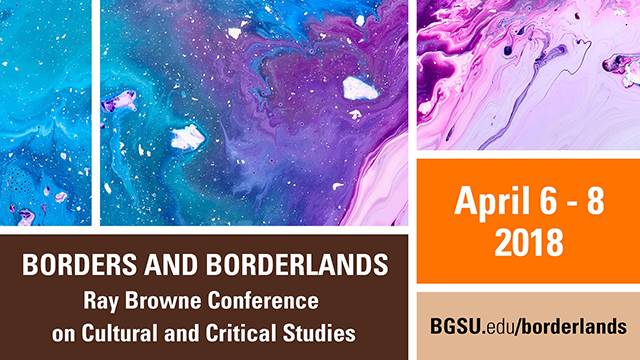
Concurrent Panel Session Four
American Dream and College Education as Identity Markers
Start Date
7-4-2018 10:30 AM
End Date
7-4-2018 11:20 AM
Abstract
Using Foucault’s theory of power and Kenneth Burke’s theory of identification, this paper explores the discrepancies in college rhetoric for first generation college students who identify with a hyphen-based identity. By hyphen-based identity, I mean individuals who align with more than one culture and more than one language, an example being Bosnian-American, Chinese-American, Mexican-American, etc. Specifically, the paper explores the idea that these individuals believe that a college education will improve their quality of life, changing status quo, offer a solid place in society, and that it will, overall, influence one’s identity. While all of these may occur, and simultaneously, recognizing and internalizing these effects is rooted in all aspects of college rhetoric. The grounding element here is that the way college rhetoric functions influences one’s overall identity in ways they may not have considered. The power shifts (reciprocally) and so one’s identity shifts. As a result, my paper begins with a brief explanation of the American Dream and how education is situated within it. Then I apply the mentioned areas of Foucault and Burke to arrive at and prove the suggested argument.
Keywords
Power, Identity, American Dream, Foucault, Burke, College Rhetoric, Hyphen-Based Identity, First Generation
American Dream and College Education as Identity Markers
Using Foucault’s theory of power and Kenneth Burke’s theory of identification, this paper explores the discrepancies in college rhetoric for first generation college students who identify with a hyphen-based identity. By hyphen-based identity, I mean individuals who align with more than one culture and more than one language, an example being Bosnian-American, Chinese-American, Mexican-American, etc. Specifically, the paper explores the idea that these individuals believe that a college education will improve their quality of life, changing status quo, offer a solid place in society, and that it will, overall, influence one’s identity. While all of these may occur, and simultaneously, recognizing and internalizing these effects is rooted in all aspects of college rhetoric. The grounding element here is that the way college rhetoric functions influences one’s overall identity in ways they may not have considered. The power shifts (reciprocally) and so one’s identity shifts. As a result, my paper begins with a brief explanation of the American Dream and how education is situated within it. Then I apply the mentioned areas of Foucault and Burke to arrive at and prove the suggested argument.

